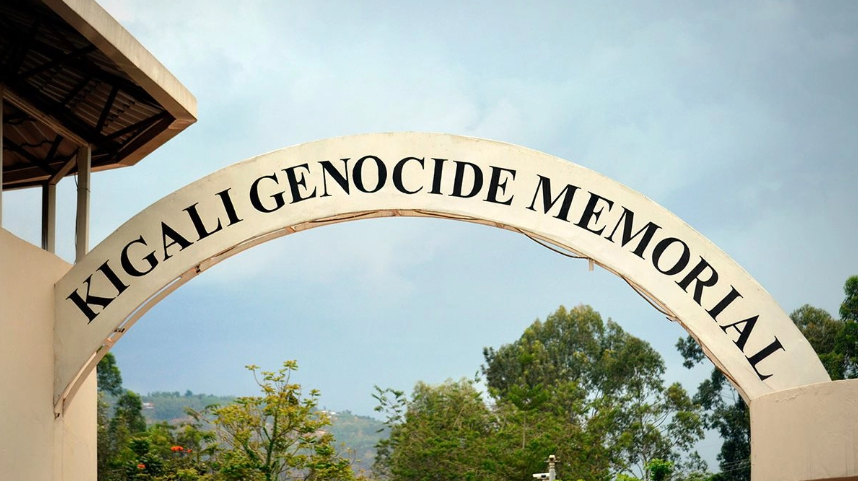The main Kigali Genocide Memorial Centre is located in Gisozi. Other smaller memorial centres include Murambi, Bisesero, Ntarama, Nyamata, and the Genocide Memorial Centre in Nyarubuye. There are more than 250 registered memorials in Rwanda dedicated to the 1994 genocide.
Established in 2004, the Kigali Genocide Memorial Centre serves as a final resting place for more than 250,000 people who were killed during the genocide. It was created to commemorate the massacre that claimed nearly 800,000 lives. The memorial provides a clear history of what took place and the events that led to the conflict between the Hutu and Tutsi, which ultimately culminated in the genocide.
The establishment of the Kigali Genocide Memorial Centre was driven by the urgent need to create spaces where survivors and the nation could mourn the immense loss of life. After the genocide, countless families were left devastated, with many bodies left unburied or buried in mass graves. The memorials were established to provide a dignified resting place for the dead and a space for survivors to grieve.
The centre also bears the names of some of the victims on its walls, although many names have yet to be gathered and documented. Many of the victims who rest in the graves are still unknown. Each year, from April 7, the people of Rwanda commemorate the genocide with a 100-day period known as Kibuka, which means “remember,” ending on Liberation Day on July 4.
Entry to the Kigali Genocide Memorial Centre is free for both residents and foreigners, though guides are available for a fee. During the commemoration period, the president lights a flame of remembrance, which burns for the next 100 days as the country honours the victims of the tragic massacre.
Importance of the Kigali Genocide Memorial Centre
- Final Resting Place: It provides a dignified resting place for more than 250,000 people who were killed during the genocide.
- Historical Documentation: The memorial offers a clear history of what transpired during the genocide and the events that led up to it.
- Educational Value: It ensures that future generations understand the consequences of hatred, intolerance, and divisive ideologies.
- Support for Survivors: The centre provides support to genocide victims, including widows, widowers, orphans, and others affected.
- Individual Responsibility: It reminds visitors of their responsibility in combating discrimination and preventing such terrible events from happening again.
- Promoting Reconciliation: The memorial promotes reconciliation by bringing together perpetrators and survivors to acknowledge the past and work toward building a more united and peaceful society.
Important Activities at the Kigali Memorial Centre
- Educational Programs and Tours: The memorial offers guided tours, allowing visitors to gain insight into the genocide’s history, its underlying causes, and its profound effects on the nation. These tours are often conducted by expert guides, including some genocide survivors, offering a personal perspective on the events.
- Research and Documentation: The memorial is involved in ongoing documentation efforts, collecting survivor testimonies, archiving historical documents, and preserving artifacts related to the genocide. It often collaborates with academic institutions, NGOs, and international organizations to support research on the genocide, conflict resolution, and human rights.
- Counselling and Support Services: Recognizing the deep trauma caused by the genocide, some memorials offer counselling and psychological support services for survivors and their families. These services are crucial for helping individuals cope with the ongoing effects of the genocide.
- Community Engagement: Some memorials host dialogue sessions where survivors, perpetrators, and other community members come together to discuss the genocide and its aftermath. These sessions aim to promote understanding, forgiveness, and reconciliation.
- Artistic and Cultural Activities: Some memorials host art exhibitions featuring works inspired by the genocide, including paintings, sculptures, and installations reflecting themes of loss, remembrance, and hope.
Prohibited Activities During the Commemoration Week
- Mass celebrations
- Weddings and other marriage ceremonies
- Sport competitions (apart from individual sports)
- Playing music not related to the commemoration in bars, restaurants, barber shops, studios, and other public places such as bus stations
- Betting games
- Projecting football matches
- Concerts in nightclubs, bars, comedy nights, songs, dances, movies, games, and theaters not related to the comm

Leave a Reply